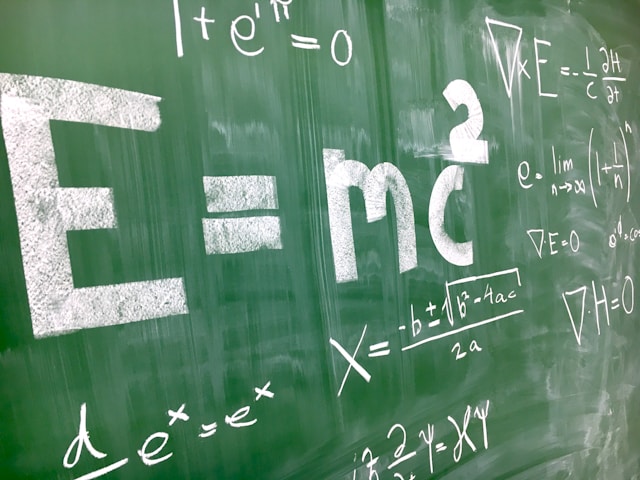Investigating the Causal Relationships between Metacognitive Knowledge and Academic Performance in Mathematics through the Mediation of Motivation and Self-Efficacy among Second-Grade High School Students in Babol Province, Iraq

Author(s): Hayder Abdulhussein Hasan, Mohammad Hassani
Institution: Urmia University, Urmia, Islamic Republic of Iran
Category: Article, IJMMU, Relationship, Academic, Mathematics
Topics: Metacognitive Knowledge; Academic Performance; Motivation; Self-Efficacy
Abstract: The purpose of this research was to examine the causal relationships between metacognitive knowledge and academic performance in mathematics through the mediation of motivation and self-efficacy among second-year high school students in Babil Province, Iraq. The research method was descriptive-correlational, employing structural equation modeling. The statistical population included all second-year high school students in Babil Province, Iraq, totaling 7,500 students. According to Krejcie and Morgan’s sampling table (1970), a sample of 382 students was selected using a multi-stage cluster sampling method. Data collection tools included the Metacognitive State Questionnaire by O’Neil and Abedi (1996), the Academic Motivation Scale by Harter (1981), the Student Self-Efficacy Scale by Jinks and Morgan (1999), and the Academic Performance Scale by Dourtaj (2004). The reliability coefficients for the questionnaires were 0.86, 0.77, 0.69, 0.78, and 0.88, respectively. The results showed that the effect coefficient of metacognitive knowledge on motivation among second-year high school students in Babil Province, Iraq, was (β = 0.734). The effect coefficient of metacognitive knowledge on self-efficacy was (β = 0.631). Additionally, the effect coefficient of metacognitive knowledge on academic performance in mathematics was (β = 0.263). The effect coefficient of motivation on academic performance in mathematics was (β = 0.296), and the effect coefficient of self-efficacy on academic performance in mathematics was (β = 0.587). There was a significant relationship between metacognitive knowledge and academic performance in mathematics through the mediating role of motivation (r = 0.197) and the mediating role of self-efficacy (r = 0.370). It is recommended that teachers incorporate metacognitive training into their curricula by teaching specific strategies for goal setting, self-monitoring, and reflecting on learning processes.
Article can be downloaded here >> Investigating the Causal Relationships between Metacognitive Knowledge and Academic Performance in Mathematics through the Mediation of Motivation and Self-Efficacy among Second-Grade High School Students in Babol Province, Iraq






